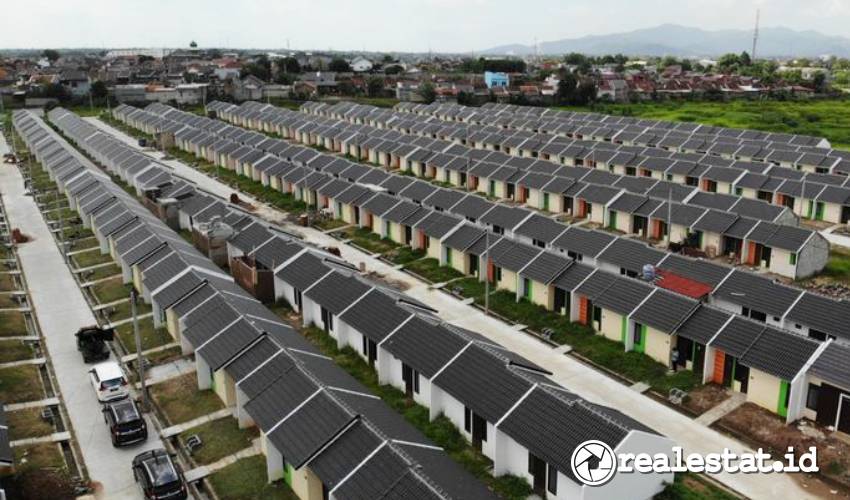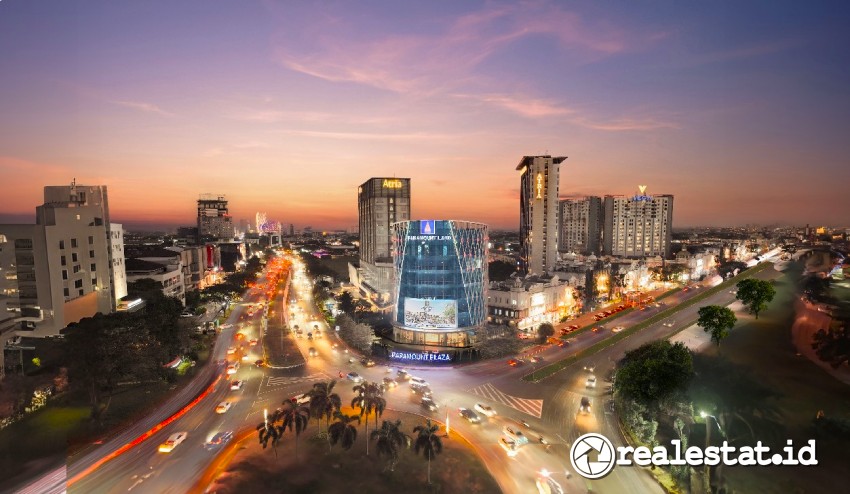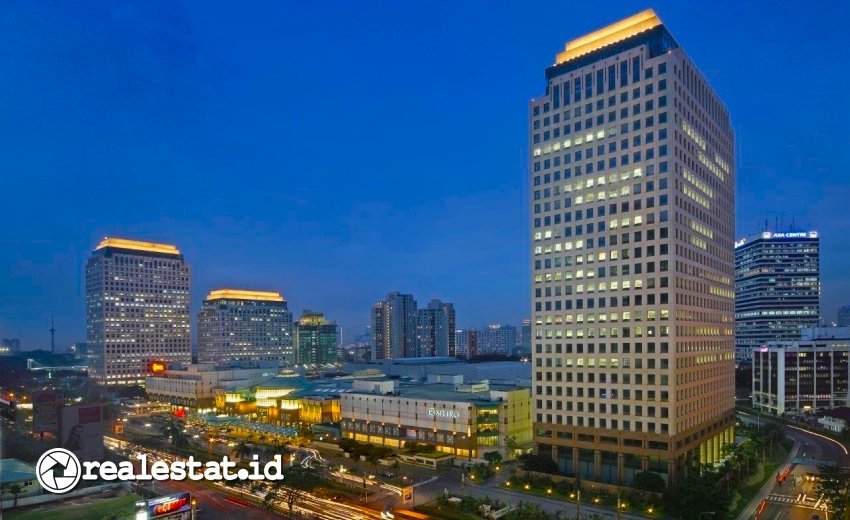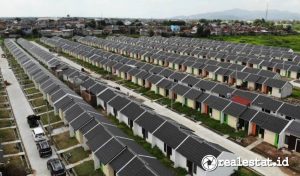RealEstat.id (Singapore) – Colliers’ Q3 2023 APAC Cap Rates Report has found ongoing interest rate pressures across Asia Pacific continue to pose challenges for the property sector in generating favorable returns relative to the cost of capital.
According to the report, overall property transaction volumes across Asia Pacific (APAC) remained low in Q3 2023, with the trend towards smaller transactions continuing.
Colliers’ Managing Director, Valuations & Advisory Service Asia, CK Lau said, the property market may appear quiet, as owners, occupiers and investors are actively dealing with the challenges and opportunities that they are facing in an uncertain market.
“Professional advice is important for market players to help them navigate through challenging times, and get ready for their next moves,” Lau added.
Read More: Colliers: Despite Headwinds, Key Asia Pacific Property Markets Sustain Robust Performance
Key findings across Asia Pacific included:
Australia
Across almost all the Australian cities covered, capitalization rates (cap rates) in all sectors exhibited an upward movement quarter-on-quarterIndustrial assets in Australia with long lease expirations and low fixed-term rent experienced downward pressure on values during the last quarter.
China
In China, investment activity remains subdued with only individual investors and insurance institutes actively seeking out discounted assets and adopting a cautious approach to investment. This has resulted in subdued market sentiment in the property sector for Beijing and Shanghai compared to Q2.
To vitalize the market environment, the central bank of China has been lowering the Loan Prime Rate (LPR) to alleviate the burden on loans, with the objective of unlocking resources for consumption and promoting nationwide GDP growth.
In Beijing and Shanghai, the industrial sector experienced a wave of new supply as the take-up of existing stock slowed down. The government’s release of more industrial and logistics land resulted in an augmented supply in the market.
Read More: Major Asia Pacific Property Markets Show Signs of Recovery
Hong Kong
Hong Kong interest rates have continued to gradually increase over the past year. Asset values are under increasing downward pressure, which is beginning to be reflected in pricing. Vacancies remain high and rental prices experienced downward pressure across all sectors.
India
In Bengaluru, Q3 office transaction volumes remained similar to the previous quarter, with a few transactions driven by individual investors as institutional players were less active. Deal sizes were smaller but more resilient, resulting in a marginal downward change in the cap rate in the office segment.
In Mumbai, the retail sector is anticipated to gain traction in the near future, driven by demand from the luxury segment and the release of additional supplies of quality organized retail assets.
Mumbai industrial demand remained strong in Q3, and the compression in the cap rate was attributed to lower availability of Grade A stock, coupled with a positive outlook from large institutional investors towards the sector. The investors were willing to trade off lower current yields for anticipated future growth in the sector.
Read More: Asia Pacific Property Transaction Volumes Expected to Record Double-Digit Growth in 2022 and 2023
Japan
Some investors may consider Japan a risk averse market for real estate investment since the start of the interest rate hike, primarily due to its relatively accommodative monetary policy. The sales volume of foreign investments in real estate has yet to witness a significant increase, although sentiment and interest remain strong.
The Tokyo office sector performed well in Q3 2023, with occupancy rates remaining at a healthy level, especially when considering the challenges faced by some other cities in terms of take-up.
This is driven by the return to office culture – government statistics indicate that the hybrid working ratio in Tokyo was 44% in mid-2023, down from a peak of over 64% in 2021.
Korea
Seoul office assets remain in high demand, with rental levels holding firm for landlords. However, there is increasing downward pressure on values due to a lack of liquidity in the market.
Read More: Rapid Expansion of Technology Sector Reshapes Property Market in Asia Pacific
New Zealand
In Auckland, there has been upward movement for more than a year in the office sector. Transactional activity remained subdued over the last quarter as investors continued to take a cautious approach to the market.
The Reserve Bank of New Zealand has maintained a steady Official Cash Rate in its last three monetary policy meetings, indicating that rates are at or near their peak in the current cycle. With interest rates stabilising it is anticipated that greater clarity over asset pricing will emerge.
This, in combination with the election having been completed, is likely to result in an uplift in sales activity during the final quarter of 2023 ad into 2024.
Singapore
Cap rates across sectors remain subdued, with a lack of sales evidence to support movement. Increasing lending costs are putting pressure on many investors and owners. However, there are other investors with deep pockets who are taking advantage of this opportunity to acquire assets for long-term investment.
Read More Interesting News and Articles on Google News














